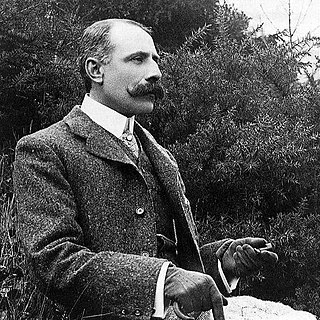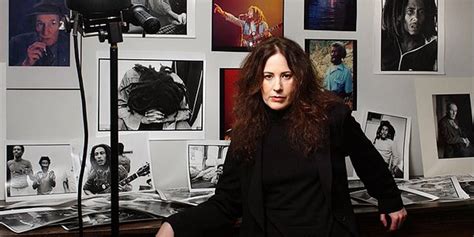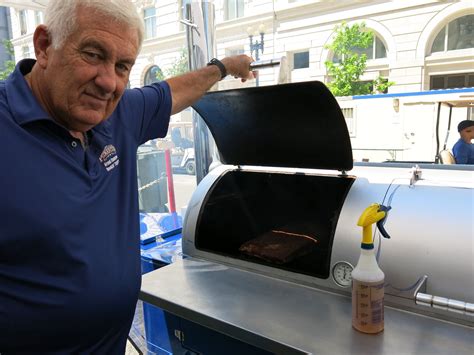A Quote by Stephen Bayley
Everyone has taste, yet it is more of a taboo subject than sex or money. The reason for this is simple: claims about your attitudes to or achievements in the carnal and financial arenas can be disputed only by your lover and your financial advisers, whereas by making statements about your taste you expose body and soul to terrible scrutiny. Taste is a merciless betrayer of social and cultural attitudes. Thus, while anybody will tell you as much (and perhaps more than) you want to know about their triumphs in bed and at the bank, it is taste that gets people's nerves tingling.
Quote Topics
About
Achievements
Anybody
Arenas
Attitudes
Bank
Bed
Body
Carnal
Claims
Cultural
Everyone
Expose
Financial
Gets
Know
Lover
Making
Merciless
Money
More
Much
Nerves
Only
People
Perhaps
Reason
Scrutiny
Sex
Simple
Social
Soul
Statements
Subject
Taboo
Taste
Tell
Terrible
Than
Thus
Triumphs
Want
Whereas
While
Will
Your
Related Quotes
An Englishman will take you into a large room, beautifully proportioned, and will point out to you that it is white- all over white- and somebody will say what exquisite taste. You know in your own mind, in your own soul, that it is not taste at all?that is the want of taste?that is mere evasion. English music is white and evades everything.
A good taste in art feels the presence or the absence of merit; a just taste discriminates the degree--the poco piu and the poco meno. A good taste rejects faults; a just taste selects excellences. A good taste is often unconscious; a just taste is always conscious. A good taste may be lowered or spoilt; a just taste can only go on refining more and more.
When you first get started, you're the only one with a vision. When you become creative and use your imagination, pretty soon the things you imagined, you can get done. If you got a taste of it, if you got a taste of what I'm talking about, you'd rather do that than eat. You couldn't get enough of it. You'll hunger for it the rest of your life.
The basic premise of taste, as Stephen Bayley, the cultural critic, said, is that taste is that which does not alienate your peers. Most people want to fit in with their tribe in some way or another, so they give off signals, whether it's with their clothes, their behavior, their car, their whatever, and gain status. Every tribe has a hierarchy, and that's what taste is: it's an unconscious display of who you are, and where you want to be.
I think I learned more about writing scores for Broadway by making mix tapes in the '90s than I did in college. You're learning about rise and fall and energy and tempo shifts. You're showing off your taste and your references. You're trying to be witty by - through placement of music you didn't write.
The more natural the charcoal, the better your food will taste. Rather than briquettes, use lump charcoal, which is is all-natural. Lump charcoal will cause your grill to get much hotter than briquettes. Also, briquettes have chemical filler which holds saw dust together and can change the taste of the food.



































